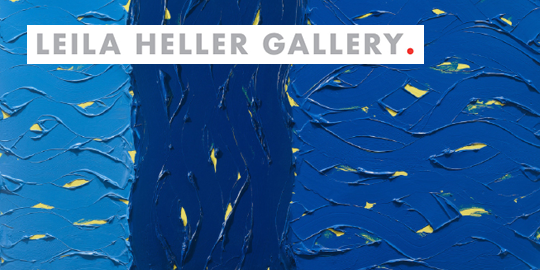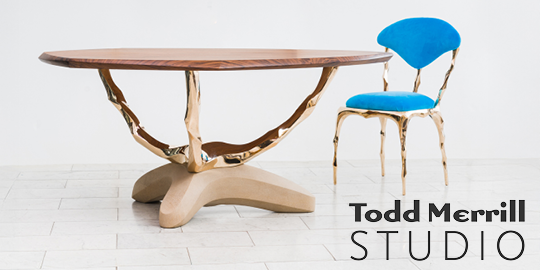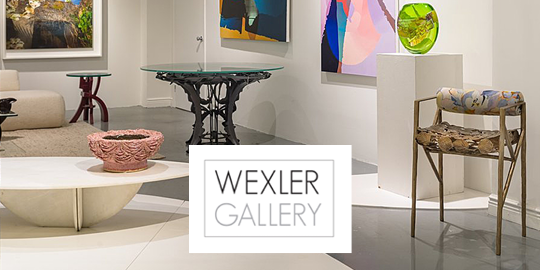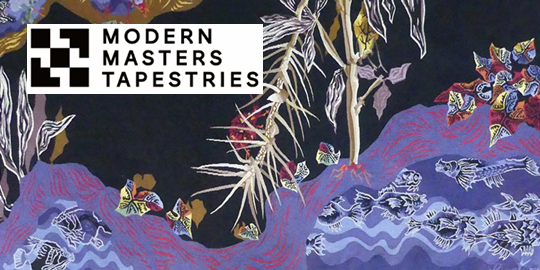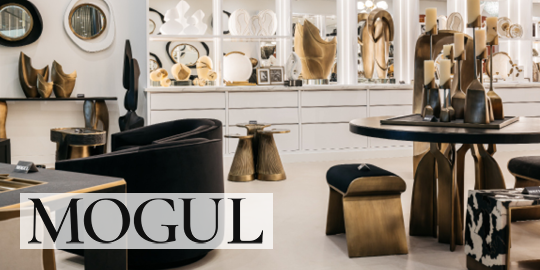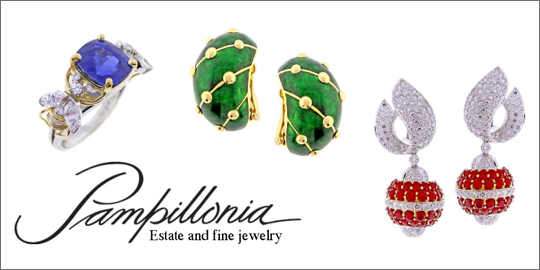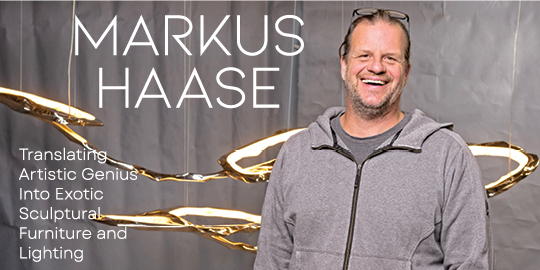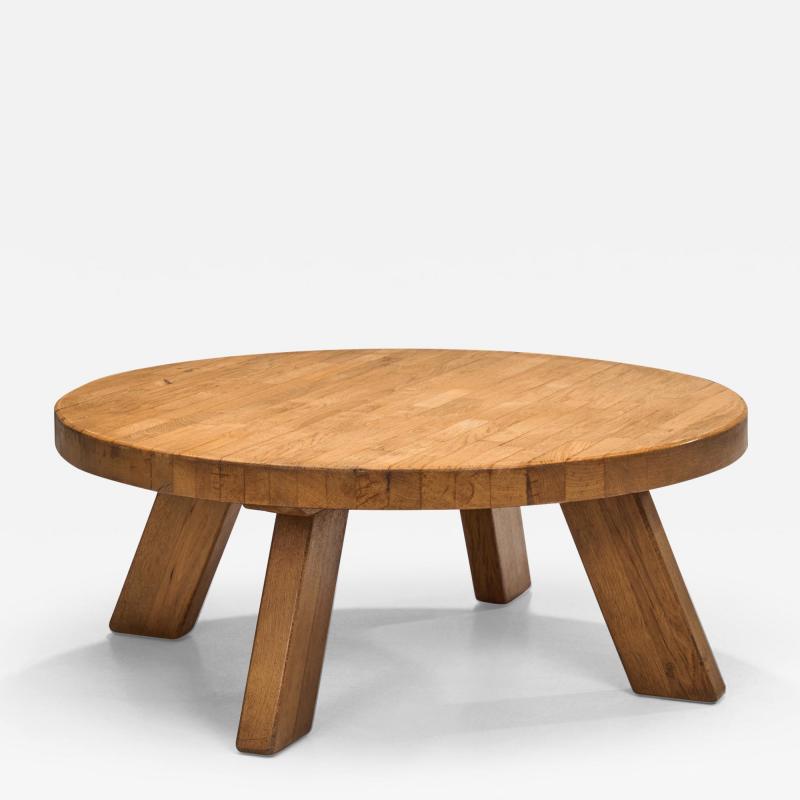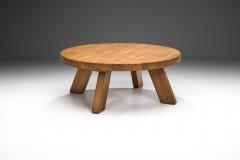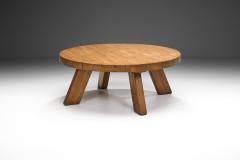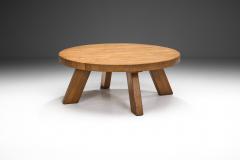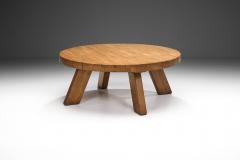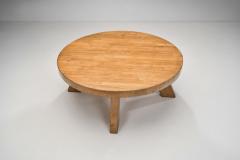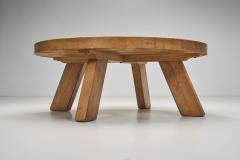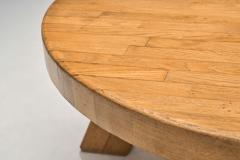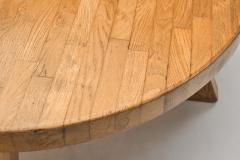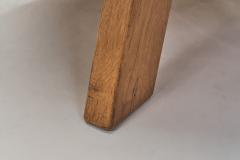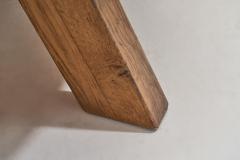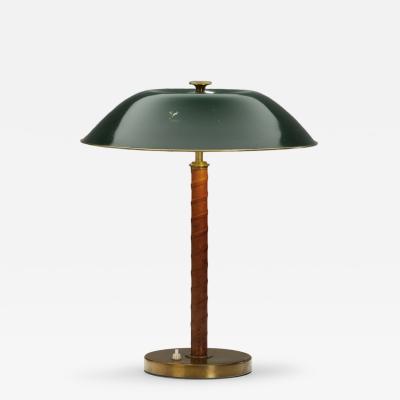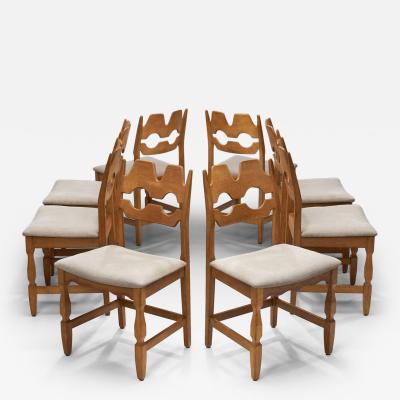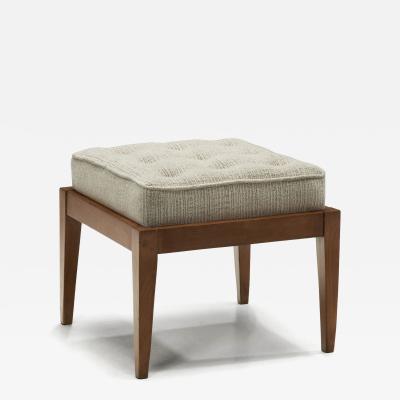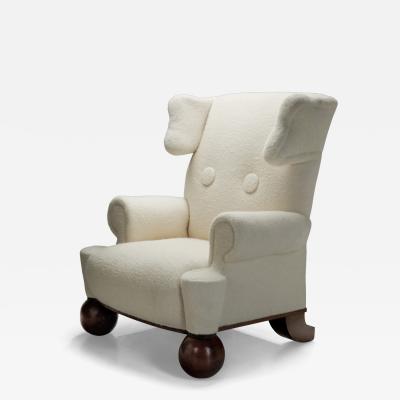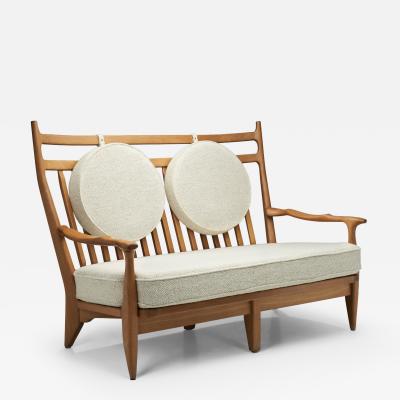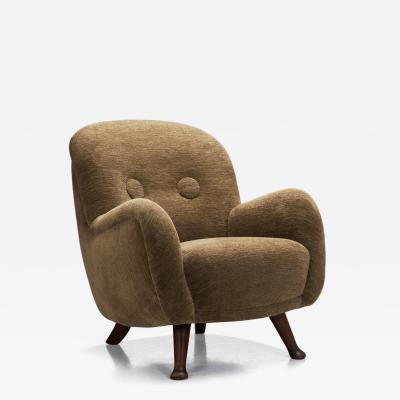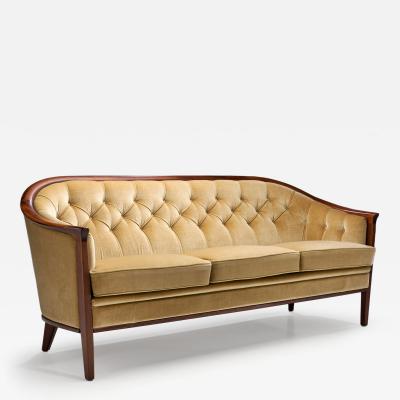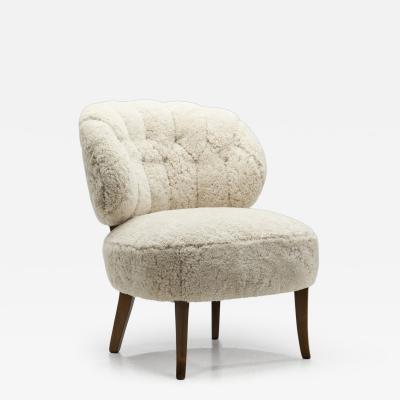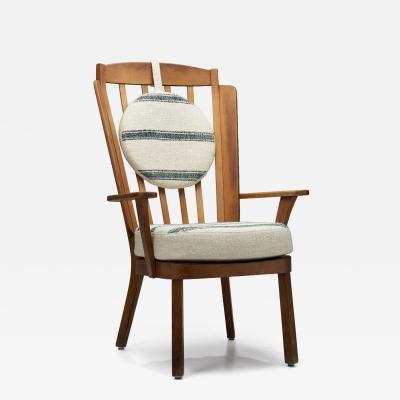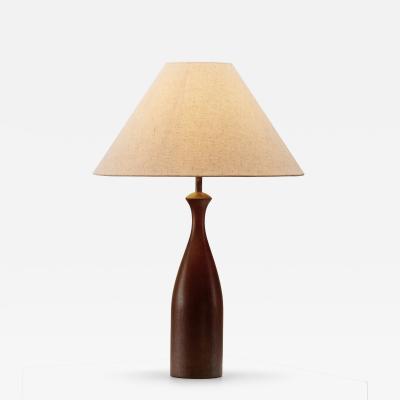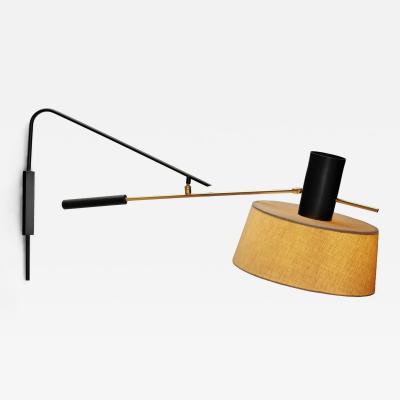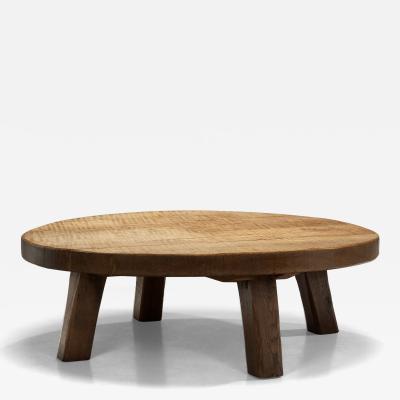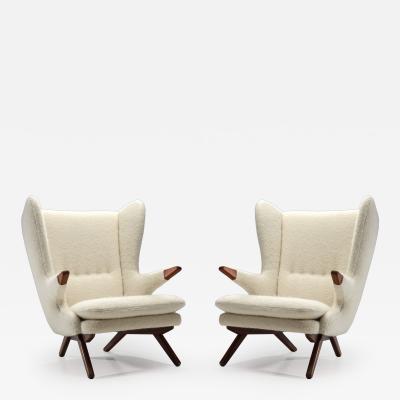Listings / Furniture / Tables / Coffee Tables
Solid Oak Round Brutalist Coffee Table, The Netherlands 1970s
-
Description
In European, and thus in Dutch mid-century furniture design, there was an early emphasis on wood as it connected everyday objects, such as furniture to nature. This rustic, solid oak coffee table is a perfect example of this sentiment, and the visual benefits of an understated, organic design.
In the thriving design landscape of 1970s Netherlands, the emergence of Brutalist furniture left an indelible mark on design, and this round oak coffee table epitomizes that era's aesthetic medley. Crafted from solid oak, the light hue exudes warmth amidst the starkness that characterizes the Brutalist design. The Netherlands embraced Brutalism as a rejection of ornate embellishments, opting for raw, utilitarian forms. The movement, rooted in architectural principles, found resonance in furniture, reflecting a societal shift towards functional simplicity. Oak became the material of choice for many Brutalist pieces due to its durability and malleability, enabling intricate yet robust constructions. This round coffee table exemplifies this, with its neat woodworking and sharp angles seen on the four lightly splayed legs that add a modern flair to the otherwise organic form, embodying the movement's desire to merge functionality with aesthetics. The contrast of sleek lines against the natural grain of oak echoes the broader Brutalist ethos: blending the industrial with the organic. This subtle play between form and function contributes to the enduring popularity of 20th-century Brutalist furniture, a testament to a design era that encapsulated the spirit of innovation and simplicity in the Netherlands. Modern design represented a break with the traditional past: design-wise, furnishings were often a rejection of Victorian, Colonial, and other historical influences, especially the pseudo-historical use of ornamentation. In comparison, furniture from this era and in this organic, sometimes raw style is generally more pared-down, frequently impressive in scale, and uncluttered with unnecessary ornament: on this front, the Brutalist movement shared qualities with the efforts of the Bauhaus designers’ vehement rejection of ornamentation.
This Dutch coffee table has a strong elemental feel to it, which is a result of its thick round tabletop and sturdy but also sleek legs. The focus is on the material, letting the beautiful qualities of the oak wood stand out. The craftsman’s handiwork is visible throughout the table, adding to its organic charm. This model is a perfect accent table, visually stimulating, while also complementing its surroundings.
Condition:
In good vintage condition. Wear consistent with age and use. Some marks on the wood.
Dimensions:
45.27 in ⌀ x 18.3 in H
115 cm ⌀ x 46.5 cm H
Shipping:
This table will be packaged and shipped with the greatest care and attention to make sure you will receive the item in gallery condition. Complimentary shipping within the Netherlands.
IMPORTANT!
VAT normally applies and will be added to items when purchased by a European buyer or transported to a location within the EU. - More Information
- Dimensions
Message from Seller:
Located in Utrecht, The Netherlands, H. Gallery specializes in modern and contemporary design with a strong focus on Brazil and Scandinavia. The gallery strives to preserve and promote especially Brazil's rich design heritage and curates a select group of contemporary artists. Meticulous research, ie getting in contact with the original designers, producers, their heirs, and retrieving and indexing old catalogues and magazines is at the heart of its activities. All works presented excel in great



